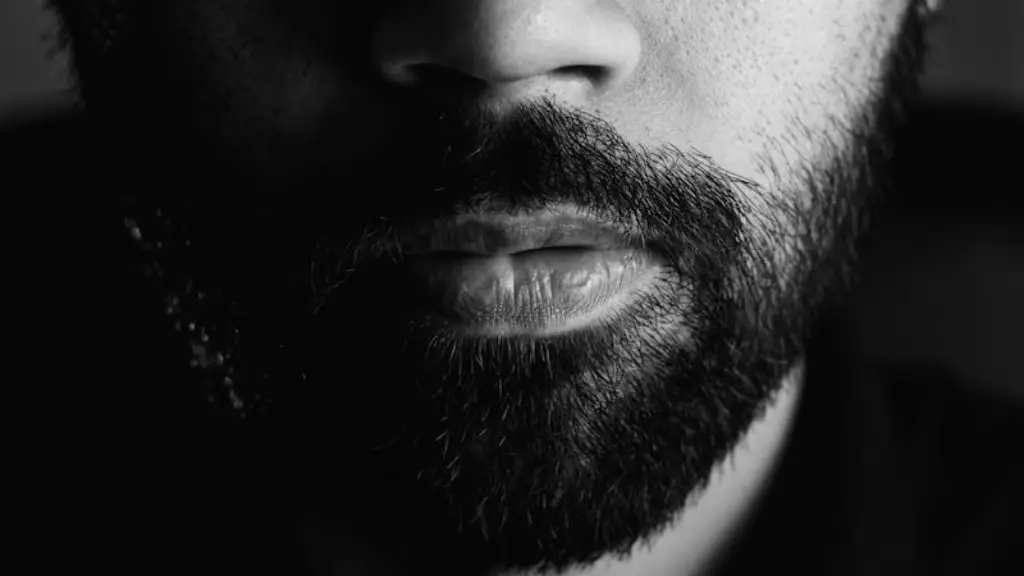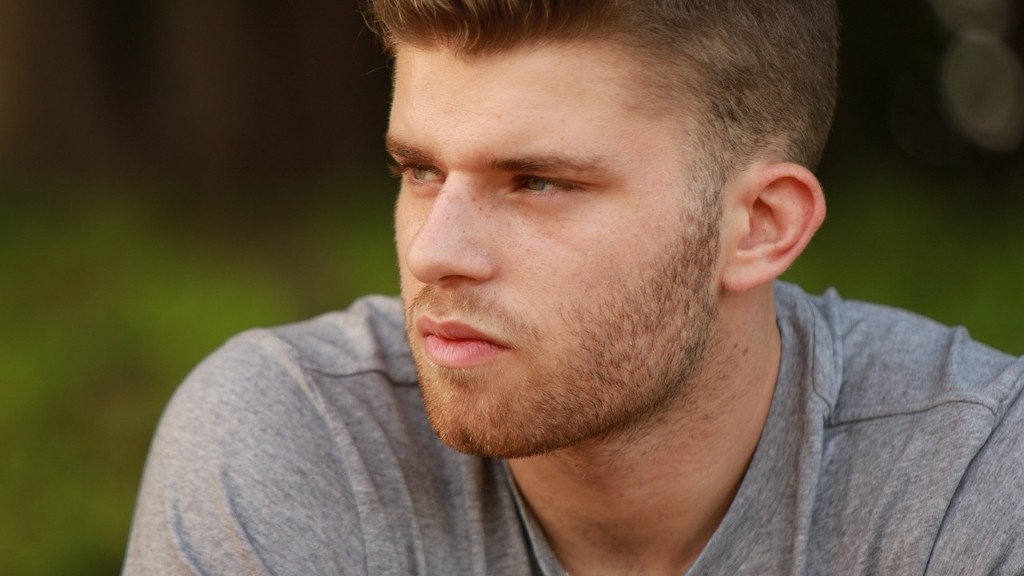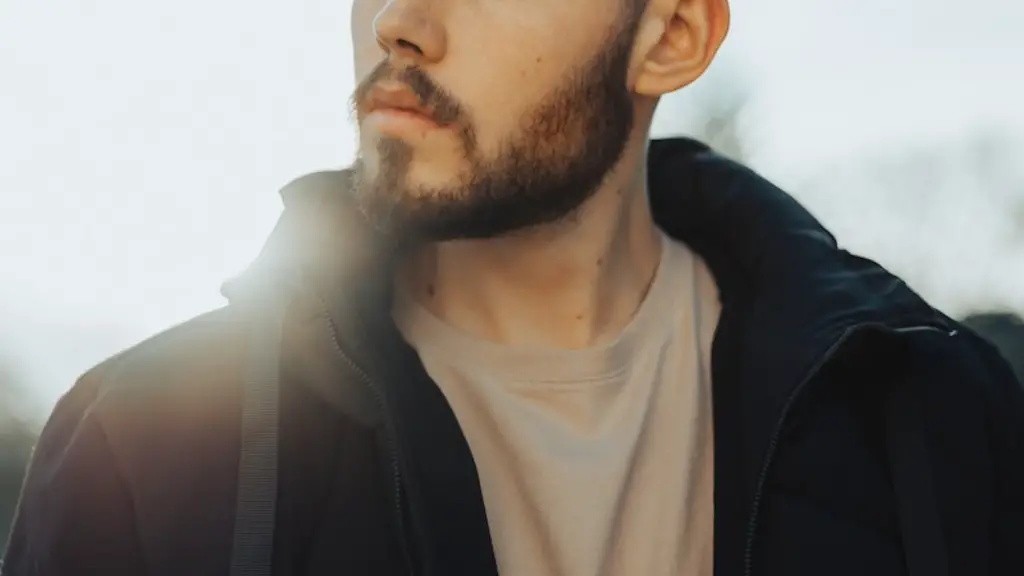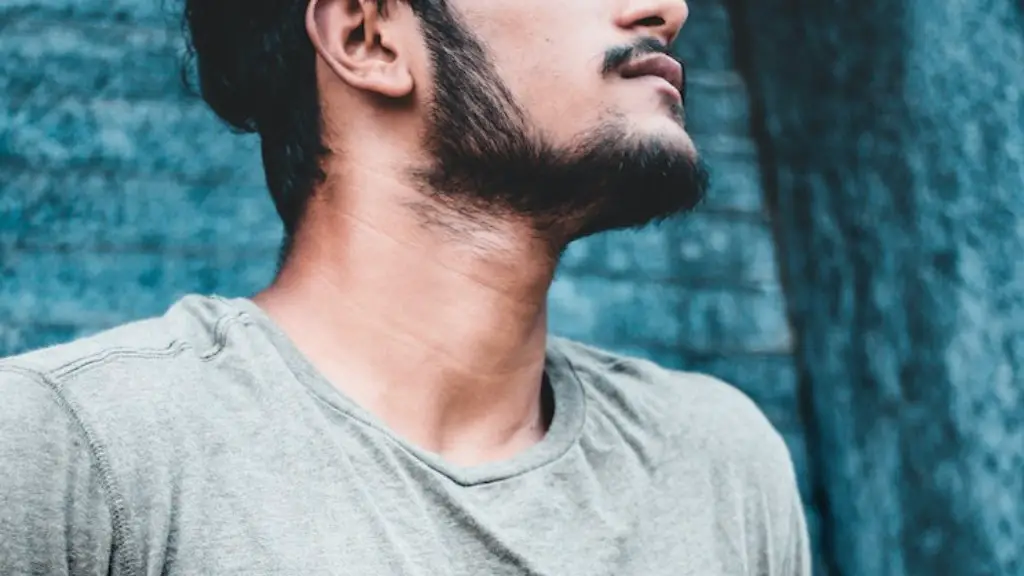It’s a question that has intrigued facial hair enthusiasts and acne sufferers alike: Does growing a beard reduce acne? For many who battle with fleshy eruptions, a chin of facial hair can appear to be a most welcome remedy. But, is growing a beard really an effective cure?
Experts point to the short answer: no, growing a beard does not reduce acne. But, there may be benefits in the sense of a reduction of irritation. The reasons for this, and other possible considerations, are explored in the following article.
A proven connection exists between sebum production and acne formation, but many of us don’t know what triggers it. Sebum is the naturally occurring oil on our skin, and it’s released in greater amounts when our body experiences an increase in androgens. In other words, when there is too much sebum, dead skin cells and dirt will mix with it and cause acne.
But, could a beard actually bring your sebum production under control? Dr. Kaelin Rapelye, a Dermatologist in California, states that: “While a beard is unlikely to reduce sebum production, it could reduce irritation caused by friction and sweat. A person with acne who has an underlying sensitivity may find that an unkempt beard leads to less breakouts.”
It stands to reason, then, that if growing a beard helps to reduce irritation and friction, it could therefore provide some benefits for those with acne. But, if you do choose to grow one, it’s important that you practice good hygiene.
About Stubble
The sensation most frequently associated with facial hair is stubble, which is created when the hairs turn coarse against the skin. Stubble can obviously be irritating for some, but Dr. Rapelye offers advice on combatting this issue: “For those who are afraid of the frustrating prick of stubble or simply don’t like the feel of facial hair, stubble can be minimized and that irritation can be avoided by shaving the beard down to a very short, uniform length.”
While the prick of stubble is highly disliked and off-putting to some, it shouldn’t be a cause for fear. After all, it’s just a sensation that lasts while the hairs are growing out. If we compare it to the sensation we get from plucking a few facial hairs, the level of discomfort is minimal.
In addition, Dr. Rapelye points out that stubble does carry some extra benefits: “Even the shortest stubble can act as a form of protection for the skin, essentially shielding it from the damaging effects of sun exposure, harsh temperatures, and other weather conditions.”
A Look At Modern Culture
In modern culture, having facial hair has become somewhat of a status symbol and is seen as a sign of maturity. It’s easy to see why many of us feel the need to grow a beard in order to look more appealing to others. And, for individuals who suffer from acne, particularly in more visible places like the face, any additional measures taken to shape our appearance can bring a much needed boost in confidence.
In theory at least, facial hair not only looks attractive and hides blemishes, but also prevents new ones from emerging. It’s no wonder that so many people are drawn to the idea of growing a beard to control their acne. But, unfortunately, scientific studies remain inconclusive, and growing a beard can unfortunately carry its own risks.
The Downsides Of Growing A Beard
No matter how scrupulously we maintain our beards on the outside, the reality is that acne bacteria can still accumulate inside the hair follicles. It can even worsen existing blemishes, leading to an array of skin problems such as Dermatitis. Therefore, some might argue that growing a beard increases a person’s risk of developing acne, not reducing it.
In addition, beards can also aggravate the skin due to lack of air circulation. When air flow is blocked and sweat is trapped beneath a beard, the sweat can further irritate the pores, resulting in redness and itching.
In sum, when it comes to the question “Does growing a beard reduce acne?” the answer is no. Dr. Rapelye emphasizes that “there is no scientific evidence to suggest that facial hair helps to reduce or prevent acne in any way.”
Grooming Tips For Acne
So, if you currently suffer from acne, it is probably best to stick to the classic advice given by dermatologists. Wash your face twice a day and stick to a regular facemask-regimen, using non-comedogenic (non-pore-blocking) masks.
It is also highly recommended that you avoid harsh products, such as alcohol-based cleaners, which rely on stripping away the skin’s natural oils. Try using a mild cleanser instead, as these are more likely to leave the skin feeling hydrated and soothed.
Using A Razor
For those worried about those unsightly red pimples, using a razor helps bring some serenity. With the proper technique, shaving is a wise choice for most with acne. To start, use a proper, sharp razor and shaving cream to set the stage for a smoother, more hygienic result.
It is also beneficial to take a few moments for exfoliation before beginning the shave, as this can help to slough away any excess dirt or oil. For any post-shave irritation, try using a product such as a salicylic acid-based astringent to help reduce inflammation.
Nourish The Skin
To keep pimples and other skin irritations at bay, doing a couple of small things can prove beneficial—especially for those of us managing acne. Eating a balanced diet and drinking plenty of water helps to keep the skin nourished from the inside out, providing essential nutrients for a healthier complexion.
Moreover, you should look into hydrating serums, and other facial products, including oil-free sunscreen, as it can help to protect the skin from any further irritation.
The Benefits Of Growing A Beard
For some, growing a beard can be a great confidence-booster and a way to further our individual style. However, evidence suggests that any hope of clearing acne should be extinguished. While many might disagree, the consensus among experts remains that facial hair doesn’t reduce the risk of blemishes.
Though, arguably, the benefits of facial hair shouldn’t be discounted. As Dr. Rapelye says, “If a person prefers facial hair and feels more confident with it, there are ways to help keep it healthy and clean. It’s not a matter of reducing acne, but rather, prevention and maintenance.”
Signs To Take Note Of
Before making any rash decisions about growing a beard, it’s important to pay close attention to your skin. Are there any signs of irritation? Do you often experience dryness or itchiness around your chin and cheeks? Are you noticing any breakouts lately? Answering these questions ahead of time is important to ensure that you don’t exacerbate any existing skin conditions.
If you’re still interested in growing a beard, then it’s highly recommended to speak to a dermatologist first. They can give you personalized advice and provide insights into the most suitable approach to maintaining a healthy facial hair growth.
In Conclusion
In conclusion, growing a beard doesn’t seem to be the most effective method for treating acne. Though, admittedly, for some, a full beard can bring a sense of confidence and style—it is just important that we don’t forget to take proper care of our facial skin in the process.
So, what’s the bottom line? If you have acne and you’re asking yourself “Does growing a beard reduce acne?” the simple answer is no. Of course, if you take all necessary precautions and practice proper hygiene, growing a beard may provide some benefits. Ultimately, it is a personal choice.





